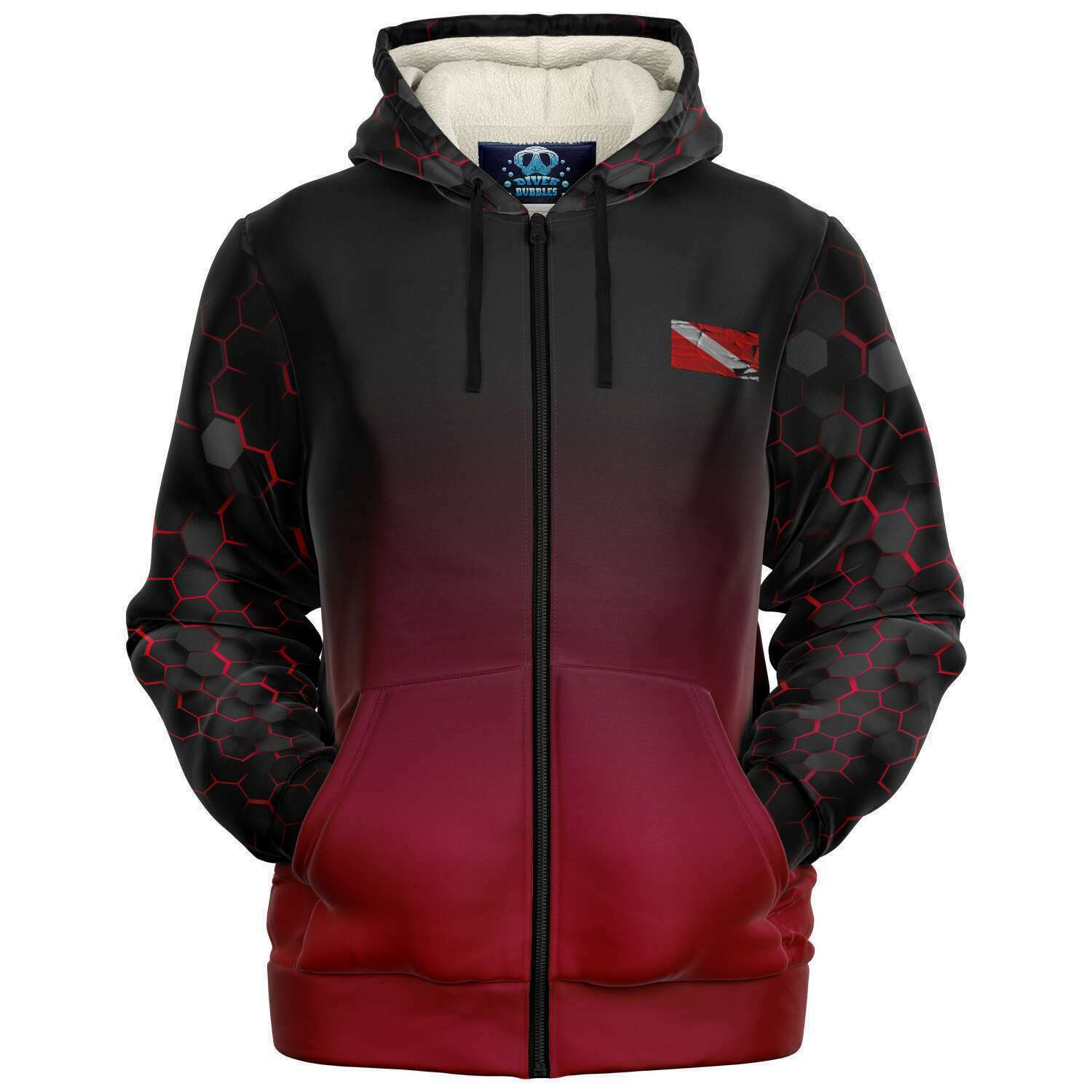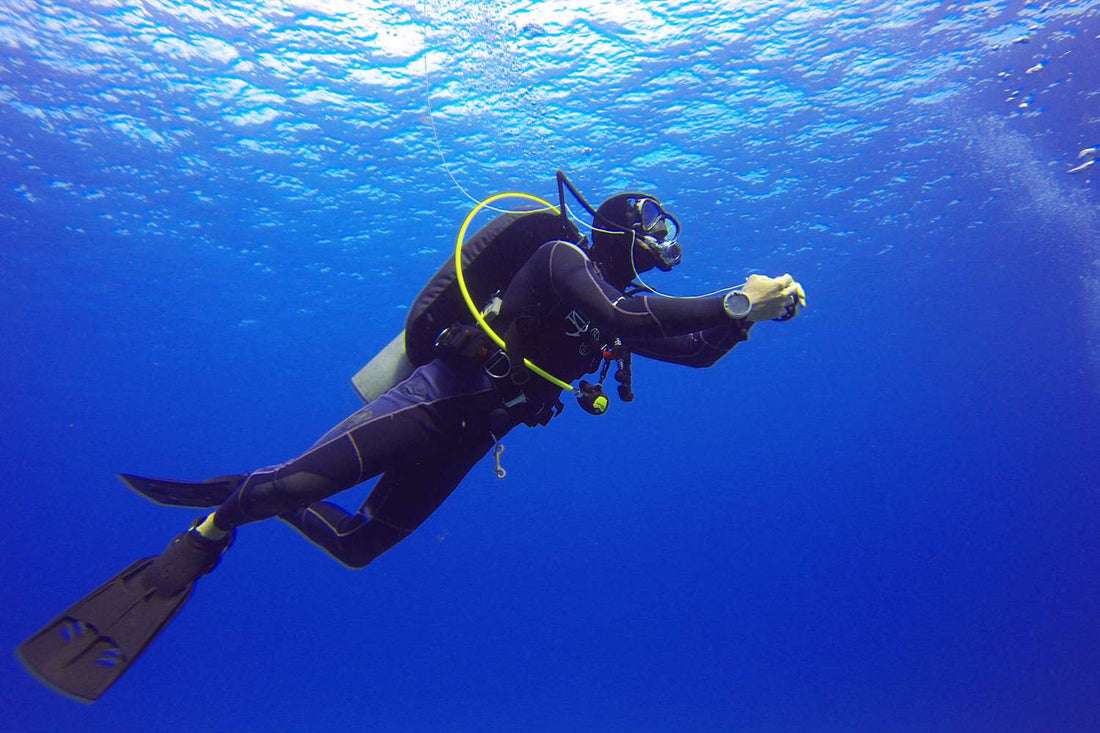
Scuba diving is a thrilling and rewarding activity, but it's important to remember that it also carries some inherent risks. That's why proper dive planning and pre-dive checks are so crucial for every diver, regardless of their level of experience.
Dive planning involves taking the time to carefully consider all aspects of the dive, including the location, depth, time, and potential hazards. This information is used to create a detailed dive plan that outlines the dive objectives, procedures, and emergency protocols.
One key component of dive planning is conducting pre-dive checks on all of your gear. This involves inspecting each piece of equipment to ensure that it is in good working order and properly configured for the dive.

Why is all of this so important? For one thing, it helps ensure that you are adequately prepared for the dive and have the necessary skills and knowledge to handle any unexpected situations that may arise. It also helps minimize the risks of accidents or injuries during the dive.
But what does all of this have to do with rashguards? As it turns out, a properly-fitting rashguard can play an important role in both dive planning and pre-dive checks.

A rashguard provides both UV protection and a barrier against stings and scrapes from various marine life. It can also help keep you warm in cooler waters, reducing your risk of hypothermia.
When conducting your pre-dive gear checks, be sure to inspect your rashguard for any signs of wear or damage. A torn or ill-fitting rashguard can compromise its protective properties, putting you at risk during the dive.

In addition, a rashguard can also serve as an important signaling device in case of emergency. A brightly-colored rashguard can make it easier for your dive buddy or search and rescue teams to spot you in the water.
In conclusion, dive planning and pre-dive checks are essential for safe and enjoyable scuba diving. And while a rashguard may seem like a small part of your overall dive gear, it can play a big role in protecting you during the dive. Be sure to choose a high-quality rashguard that fits properly and is in good condition, and always include it in your pre-dive checks.




